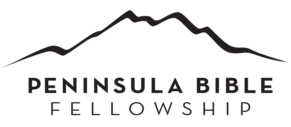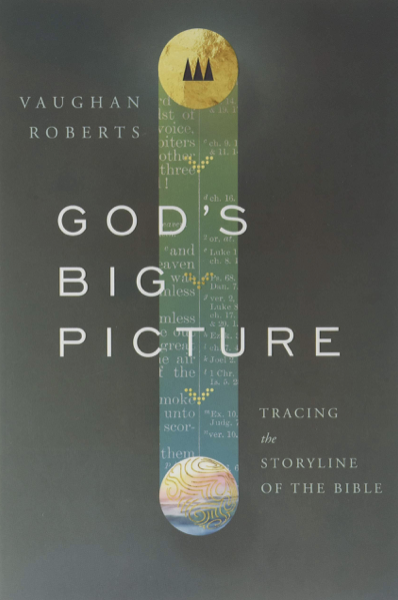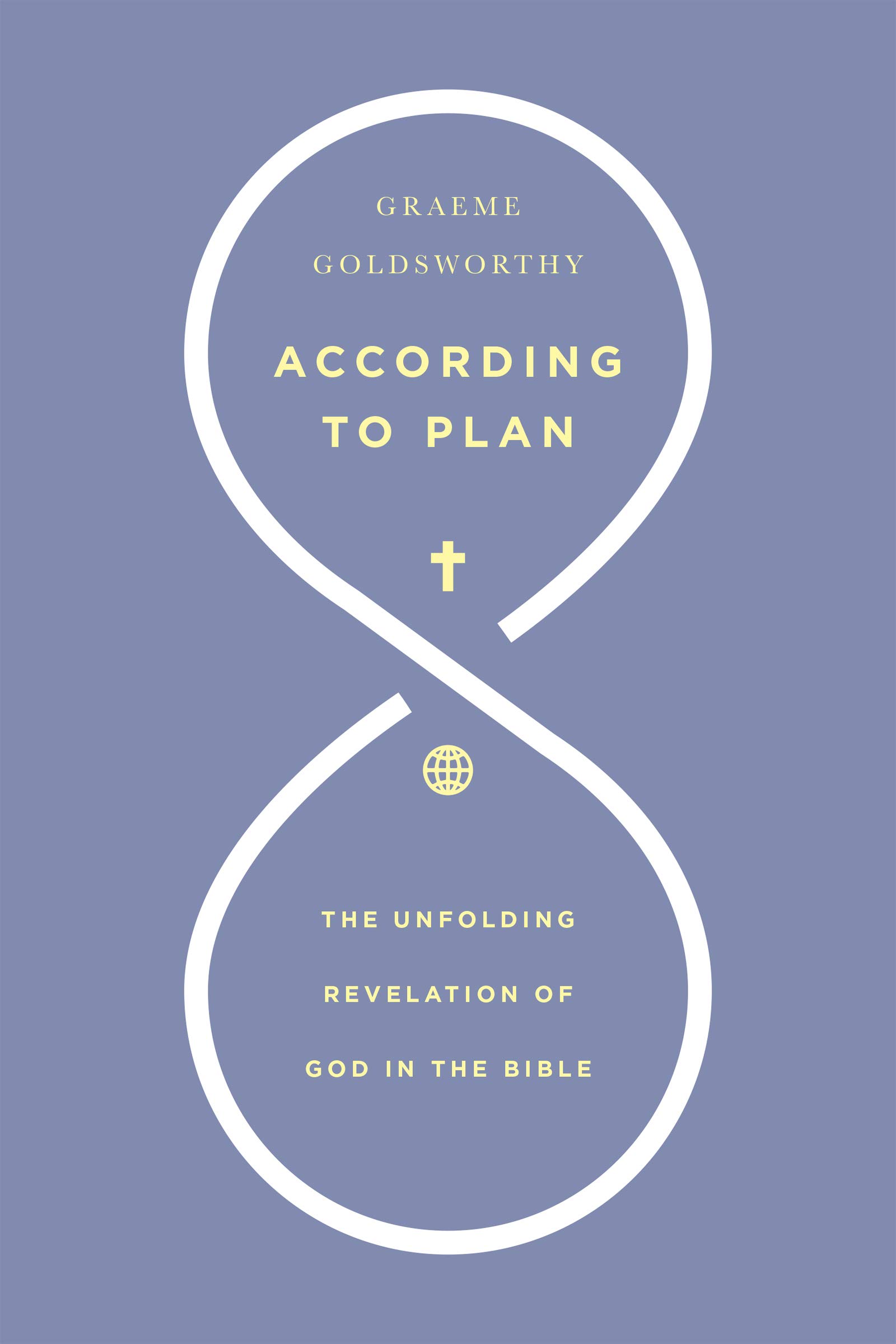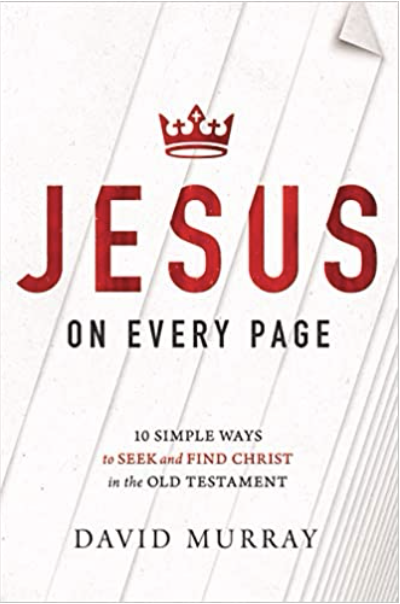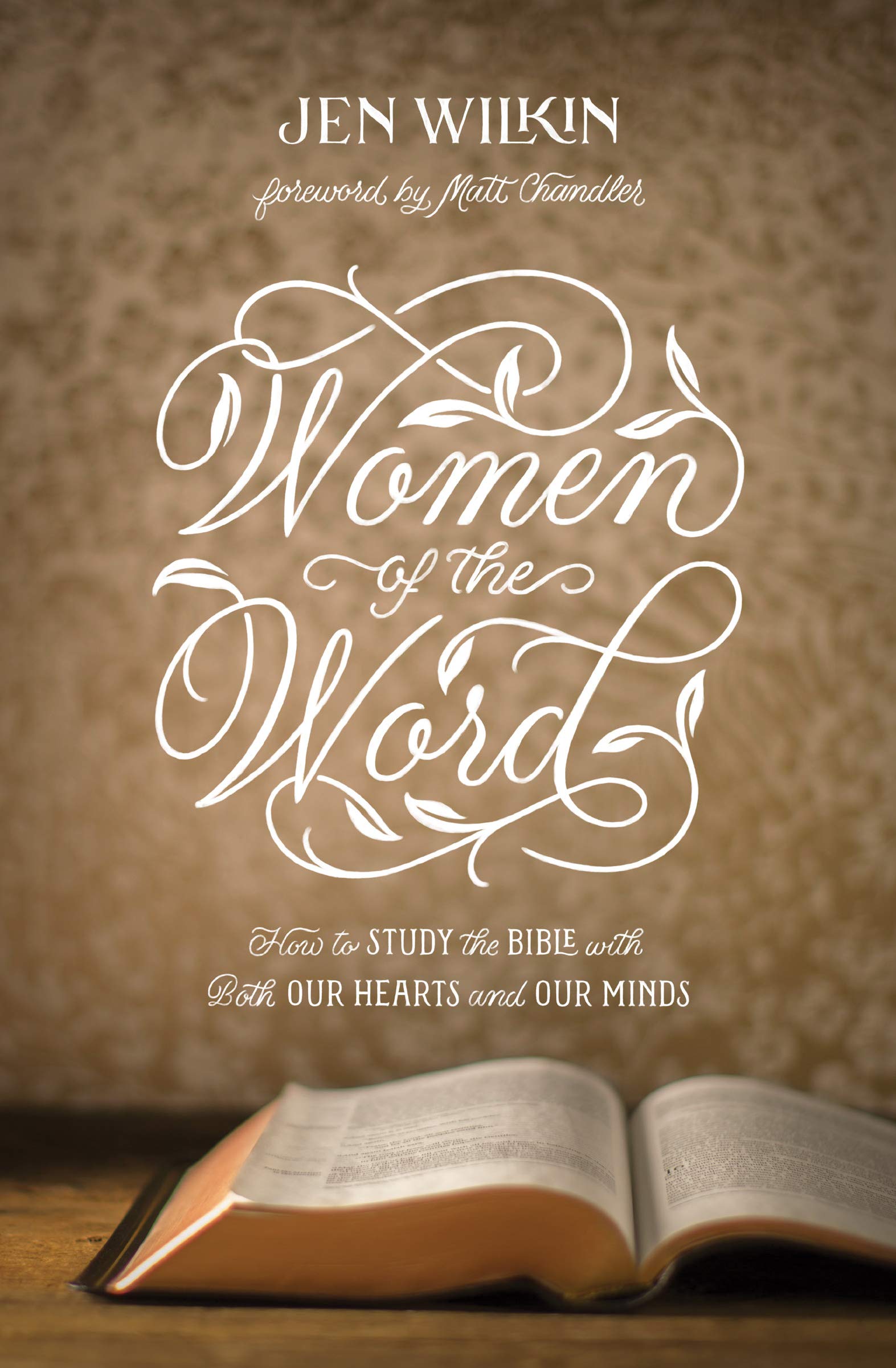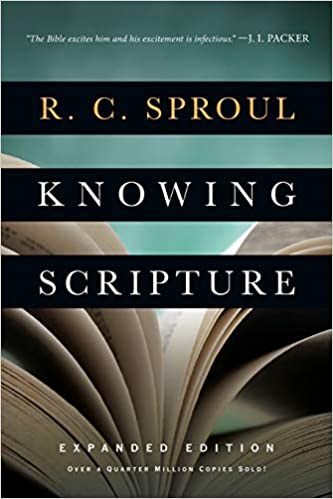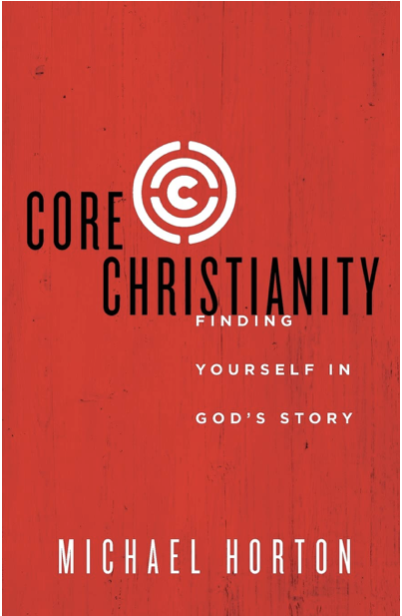Formation Area 1:
The Story of God

God is telling one story from Genesis to Revelation which culminates in the person and work of Jesus. The story is about a coming King and his kingdom – and is the true story of the world. Being formed by the “Story of God” means knowing the story and spending time reflecting on it for the meaning of our lives. It is the story we live in and the story we live out.
“The story you live in is the story you live out.”
— Pete Hughes
CORE TEACHINGS
01 THE BIG PICTURE of the bible
Know the whole as one unfolding drama from Genesis to Revelation. It is the story of the kingdom of God coming in the person and work of Jesus. A helpful approach can be found here.
02 GOSPEL-CENTRALITY
Know how to read the Bible the way Jesus read the Bible – with himself at the center. All of Scripture anticipates, prepares for, announces, and reveals Jesus. For a helpful article, read here.
03 HOW TO STUDY THE BIBLE
Learn to study the Bible the way it was written including the historical context, literary style, and authorial intent. Check out these videos for an engaging style on how to read the Bible and visual book overviews.
04 THE OLD TESTAMENT
Know how the Old Testament prepares for and anticipates the coming of Jesus and his kingdom. Discover how its 39 books are arranged into various genres (law, history, prophetic writing, wisdom literature). Here's a helpful video overview.
05 THE NEW TESTAMENT
Know how the New Testament reveals Jesus and his kingdom. Discover how its 27 books relate to the Old Testament and how they are arranged into various genres (biographies, history, letters, apocalyptic literature). Here's a helpful video overview.
06 THEOLOGY
Understand why theology is important (and inescapable). Discover how knowing theology helps you understand (and appreciate) the riches of what Jesus has accomplished in the gospel. Here is an article on "Ten Reasons Why Theology Matters."
07 THE CREEDS
Know why the early church developed creeds and why knowing them is meant to be a help not a hindrance. For a short, helpful resource on why creeds are helpful, see here.
Key Practices
01 READ THE BIBLE
Perhaps nothing was more important to Jesus (and the early church) than devotion to God's word. By creating a practice of reading (or hearing) frequently and thoroughly, we develop that same devotion. Consider using a Bible reading plan, a lectionary, or through listening.
02 JOIN A BIBLE STUDY
A formal Bible study can offer additional tools, resources, and a sense of community. For this purpose, consider joining a Men’s Bible Study or a Women’s Bible Study and learn with others.
03 MEDITATE ON SCRIPTURE
The Bible is not simply meant to be read but to reflected deeply upon. Consider different ways this is done and the benefits of Bible meditation. Consider the ancient Christian practice of Lectio Divina as well.
04 MEMORIZE SCRIPTURE
Jesus prioritized Bible memory as a way of life. Consider these benefits of Bible memory and ways of getting started here and helpful phone apps to download.
Recommended Reading
If you’d like to grow more in your understand of discipleship, check out some recommended reading in order to understand the goal of discipleship, formation, and the kingdom of God.
Other recommended reading:
The big picture of Scripture:
- Creation Regained (Albert Wolters)
- All Things New (Pete Hughes)
How to see Jesus at the center:
- The Jesus Storybook Bible (Lloyd-Jones)
- The Gospel and the Kingdom (Goldsworthy)
How to study the Bible:
- How to Read the Bible Book by Book (Fee/Stuart)
- The Bible in 90 Days (12 pages a day)
Knowing theology:
- Who Needs Theology? (Grenz/Olson)
- Everyone’s a Theologian (Sproul)
- 50 Core Truths of the Christian Faith (Allison)
Other:
- New Morning Mercies (devotional)
- The Songs of Jesus: A Year of Daily Devotions in the Psalms (Kellers)
- The One-Year Bible
- Know the Creeds and Councils (Homcomb)
- The Creedal Imperative (Trueman)
